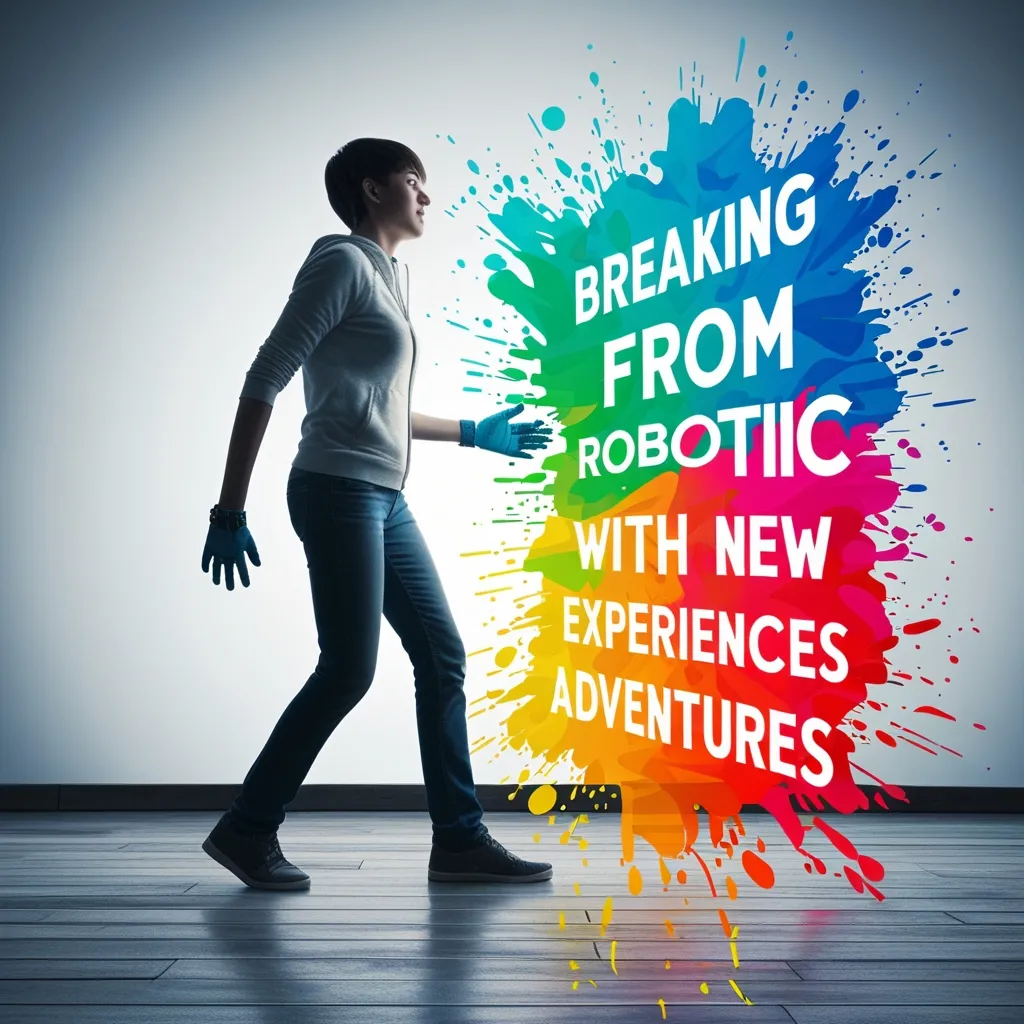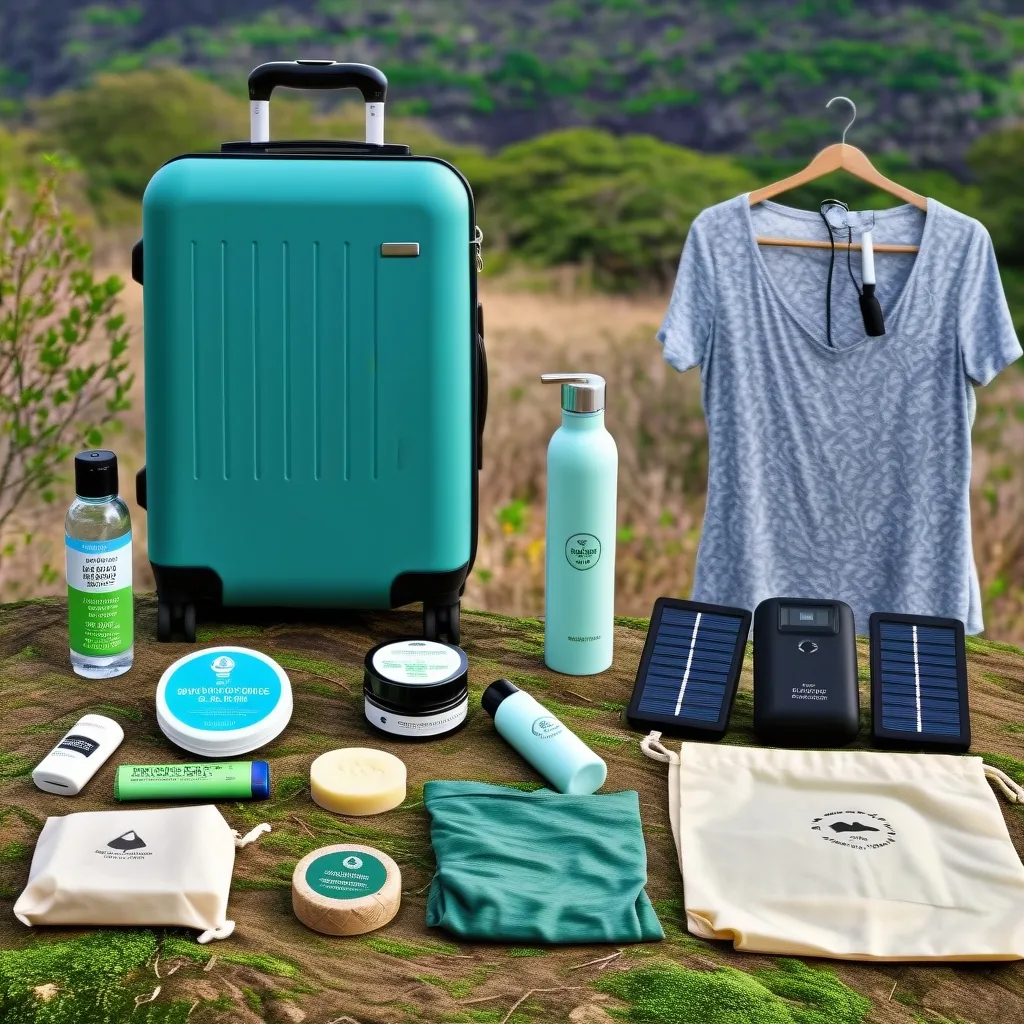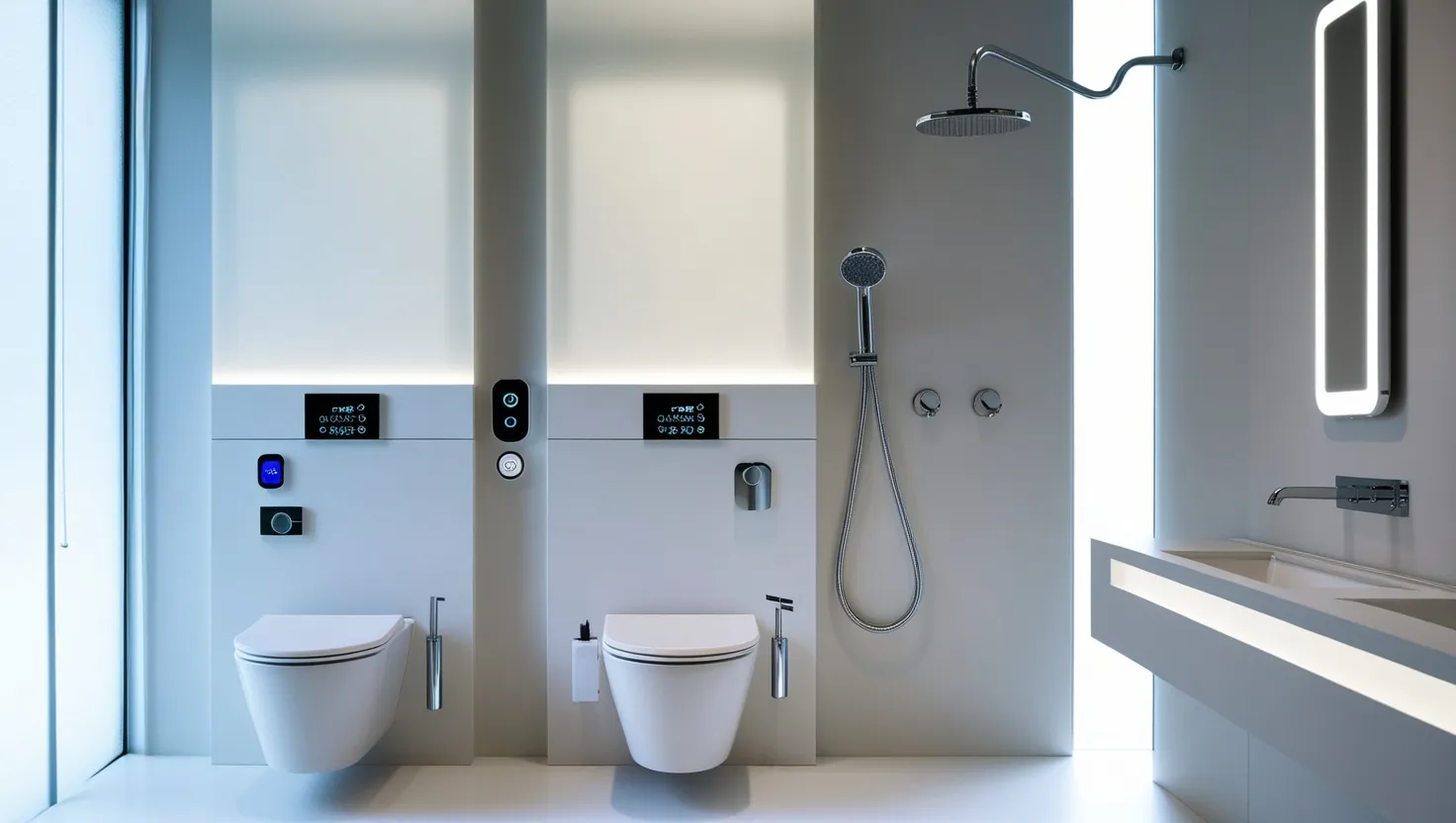Living on Autopilot: Breaking Free and Embracing Mindful Living
We’ve all been there - cruising through life on autopilot. You know the drill: wake up, coffee, commute, work, dinner, sleep, repeat. It’s like we’re stuck in a never-ending loop of routine, barely noticing the world around us. But here’s the thing - while autopilot can be a handy tool, it can also rob us of the richness of life.
Let’s dive into this whole autopilot business and figure out how we can shake things up a bit.
So, what exactly is this autopilot mode? Well, it’s like your brain’s way of putting things on cruise control. Think about your morning routine. You probably don’t have to think too hard about brushing your teeth or making your bed anymore. Your brain’s got it covered. It’s pretty neat when you think about it - your noggin’s working behind the scenes to make your life easier.
But here’s where it gets interesting. This autopilot thing isn’t just about physical stuff. It seeps into how we think, feel, and react to things. We end up following the same old patterns day in and day out, not really giving it much thought. It’s efficient, sure, but it can also mean we’re missing out on a lot of good stuff.
Now, let’s get a bit sciency for a sec. This autopilot mode is all thanks to your brain’s neural pathways. Every time you do something, your brain creates connections between neurons. Do it enough times, and boom - you’ve got a super-efficient highway for that task. It’s like your brain’s way of saying, “I got this, you go think about something else.”
Remember when you first learned to ride a bike? It was all wobbly and nerve-wracking. But now? You could probably do it with your eyes closed (not that I’m recommending that). That’s your brain’s autopilot at work.
So, is autopilot all bad? Nah, not really. It’s actually pretty useful in a lot of ways. I mean, imagine if you had to consciously think about every single thing you do. Exhausting, right? Autopilot lets us multitask and get through our day without losing our minds.
It’s also super handy in situations where you need to react quickly. Like when you’re driving and someone suddenly cuts you off. Your autopilot kicks in, and you’re slamming on the brakes before you even realize what’s happening. Pretty cool, huh?
But here’s the rub - too much autopilot can leave us feeling disconnected and unsatisfied. We’re so busy going through the motions that we forget to actually experience life. It’s like watching a movie on fast-forward - you get the gist, but you miss all the good bits.
And it’s not just about missing out on the good stuff. Autopilot can also keep us stuck in negative patterns. If you’ve been through some tough times, your brain might default to fight-or-flight mode more often than necessary. This can lead to a whole bunch of not-so-fun stuff like anxiety, depression, and even addictive behaviors.
So, how do we break free from this autopilot trap? Well, I’ve got a few ideas for you.
First up, mindfulness. Now, I know what you’re thinking - “Oh great, another person telling me to meditate.” But hear me out. Mindfulness doesn’t have to mean sitting cross-legged on a cushion for hours. It can be as simple as taking a few deep breaths and really noticing what’s going on around you. Try it right now. Take a deep breath and notice three things you can see, two things you can hear, and one thing you can smell. See? Not so hard, right?
Next, let’s talk about shaking things up a bit. Our brains love novelty. It’s like a wake-up call for your grey matter. So try taking a different route to work, or ordering something new at your favorite restaurant. It doesn’t have to be anything massive - even small changes can help jolt you out of autopilot.
Getting creative is another great way to engage your brain. Whether it’s doodling, writing, or belting out tunes in the shower, creative activities force you to be present and make conscious choices. Plus, it’s fun!
Setting goals and challenges for yourself can also help keep you engaged. Maybe you want to learn a new language, or run a 5k. Whatever it is, having something to work towards can keep you focused and present.
And here’s one that’s often overlooked - helping others. There’s something about lending a hand that really grounds you in the present moment. Whether it’s volunteering at a local shelter or just helping your neighbor carry in their groceries, it can give you a sense of purpose and connection.
Let me share a personal example. I used to be a total autopilot junkie when it came to my mornings. Wake up, stumble to the coffee maker, scroll through my phone while I ate breakfast, then rush out the door. I barely remembered anything about my mornings.
So I decided to switch things up. I set my alarm 30 minutes earlier (I know, I know, but bear with me) and started doing a quick yoga session in the morning. At first, it was a struggle. My mind would wander, and I’d find myself thinking about work or what I needed to do that day.
But as I stuck with it, something started to change. I began to notice little things - the way the sunlight filtered through my curtains, the smell of my coffee brewing, the feeling of my muscles stretching. My mornings went from a blur to one of my favorite parts of the day.
Another example: I had a friend who always took the same route to work. One day, on a whim, she decided to take a different way. She ended up discovering a cute little cafe she’d never noticed before. Now it’s her favorite spot for weekend brunch. Sometimes, all it takes is a small change to open up a whole new world.
Now, I’m not saying you need to overhaul your entire life. The goal isn’t to be hyper-aware of every single thing all the time. That would be exhausting (and probably a bit weird). It’s about finding a balance - using autopilot when it’s helpful, but also knowing when to switch it off and engage with life.
So here’s my challenge to you: Pick one thing you usually do on autopilot. Maybe it’s your morning routine, or your commute, or even just brushing your teeth. For the next week, try to really pay attention when you’re doing it. Notice the details. How does it feel? What do you see? What do you hear?
You might be surprised at what you discover. Maybe you’ll notice the way the light changes in your bathroom at different times of day. Or you might realize that your favorite song comes on the radio at the same time every morning. These little moments of awareness can add up to a richer, more fulfilling life.
Remember, life isn’t just about getting from point A to point B. It’s about all the stuff that happens in between. So let’s turn off the autopilot every now and then and enjoy the ride.
Living mindfully doesn’t mean you have to become a zen master overnight. It’s about small changes and moments of awareness. It’s about savoring your coffee instead of gulping it down. It’s about really listening when your friend is talking, instead of just waiting for your turn to speak. It’s about noticing the way the leaves change color in fall, or how the air smells after it rains.
These moments might seem small, but they’re what make life worth living. They’re what make us feel alive and connected to the world around us.
So go ahead, shake things up a bit. Take a different route. Try a new hobby. Strike up a conversation with a stranger. You never know what you might discover when you step off the beaten path.
And hey, if you find yourself slipping back into autopilot mode, don’t beat yourself up about it. It happens to all of us. The important thing is to notice it and gently guide yourself back to the present moment.
Living mindfully is a journey, not a destination. It’s about progress, not perfection. So take it one day at a time, one moment at a time. Before you know it, you might find yourself living a life that’s richer, more vibrant, and more fulfilling than you ever imagined.
Remember, you’re the pilot of your own life. It’s time to take the controls and chart your own course. Who knows what amazing discoveries await when you break free from autopilot?






